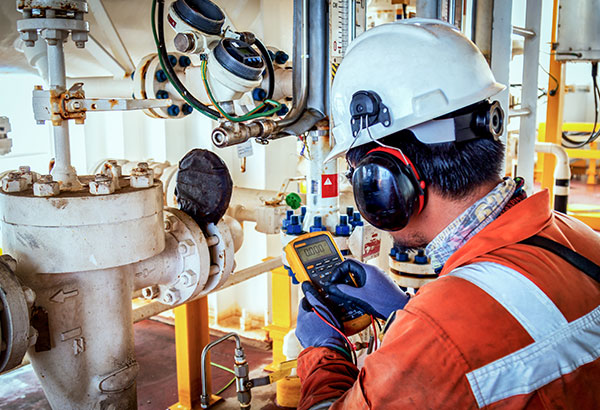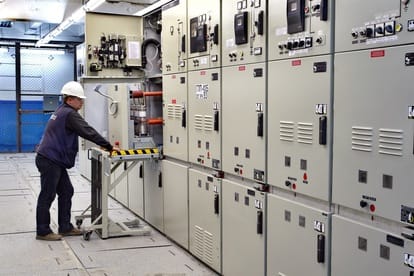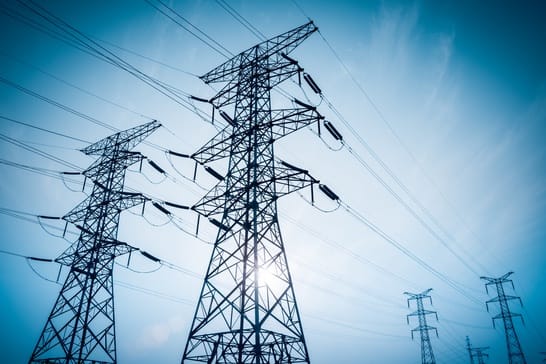
Electrical Engineering Training Courses
Master Electrical Engineering Skills and Safety Standards
Tailored for the Demands of the Oil and Gas Industry

















Intelligent Operations: SCADA and Automation in the Oil and Gas Sector





Electrical Construction and Operational Standards in the Oil & Gas Field





























Electrical Construction and Operational Standards in the Oil & Gas Field











Intelligent Operations: SCADA and Automation in the Oil and Gas Sector





























5-Day Mini MBA in Power, Electricity and Industry Infrastructure



5-Day Mini MBA in Power, Electricity and Industry Infrastructure



Electrical Engineering, Compliance, Standards and System Fundamentals



Electrical Engineering, Compliance, Standards and System Fundamentals
Electrical Engineering Training Courses
Electrical engineering training courses tailored for oil and gas industry professionals provide specialized knowledge to meet the unique demands of this sector. These training courses focus on critical areas such as electrical power generation, distribution systems, and safety protocols specific to hazardous environments. By offering a combination of theoretical understanding and practical application, the training equips professionals with the skills needed to handle electrical systems in refineries, offshore platforms, and other energy-intensive environments.
A major emphasis in these Electrical Engineering training courses is on safety and compliance. Oil and gas operations involve working in explosive atmospheres and high-risk areas, making it essential for electrical engineers to be proficient in industry-specific safety standards like IEC and NEC. Participants also gain hands-on experience in designing, operating, and maintaining electrical systems that are both efficient and compliant with stringent industry regulations. This focus on specialized safety protocols ensures that professionals are not only technically competent but also capable of mitigating risks.
For professionals in the oil and gas industry, advancing electrical engineering skills through targeted training courses significantly enhances career prospects. From optimizing the electrical infrastructure of large-scale operations to integrating renewable energy solutions, the knowledge gained from these training courses positions participants as valuable assets within their organizations. Continuous learning in this field allows engineers to stay ahead of technological advancements and contribute to more efficient, safe, and sustainable energy production processes.
Take the next step in your career by enrolling in specialized electrical engineering training for the oil and gas industry today and empower yourself with the skills to drive innovation and safety in your field!








